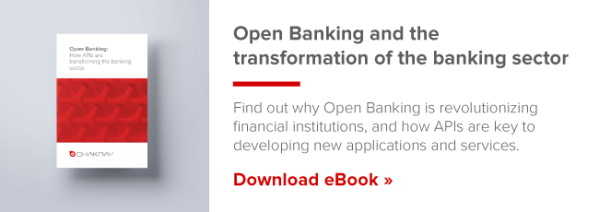The world is living the era of digital open banking – a change in the way consumers and corporate clients access their money that is closely related to the PSD2 regulation enacted by the EU in the year 2016. In this article, you will learn all about it and how it impacts the banking landscape.
What is PSD2 and how does it relate to banks?
Digital transformation is booming, and with it, everyday life has become more practical and expedient. Today we have applications in our mobile devices that enable us to perform any action without the need to stand in front of an ATM, let alone a banking branch. And the possibilities are endless.
Psd2 open banking is the regulation that replaces Psd1, enacted by the European Union, with the main purpose of fostering the formation of a European payments market that is more efficient, integrated and more technologically innovative, which provides clients with access to finances in a way that ensures a high level of transaction security and protects user information.
The European Parliament announced: “…the new regulations will better protect consumers when making payments, will foster the development and use of more innovative online and mobile payments, and will make European payment services safer.”
Today, there have been few innovations in that regard, and organizations have started to increasingly work with fintech companies and the API market. This shows that psd2 and its regulation is not only beneficial to banks – companies can, for example, create new tools and applications for access by users to finances.
API Management: The Open Banking solution
The questions is how to kick start the digital transformation and do away with the conservatism that generally haunts certain banks and companies? For now, the solution lies in API Management.
APIs can be used to provide useful information to third-party companies in a way that is safer. And the WSO2 API MANAGER brings together 2 key elements when it comes to data: user consent and user information protection.
This is an efficient solution for the highly secure design and publication of APIs that also allows for the creation and management of a community of developers, as well as the opportunity to manage API traffic in a way that is scalable.
Its specific functions are:
- Designing and creating API prototypes
- Publishing and managing the use of APIs
- Access control and significantly strengthening security
- Creating a storage space for all available APIs
- Manage a Developer ommunity
- Manage API Traffic
- Analyze and supervise the use of APIs
- Personalization through the use of styles, themes and code extensions
- Having multi-tenancy support on the WSO2 platform
What does PSD2 Open Banking hold for the future?
It is true that, with the rise of Big Data, Artificial Intelligence and Analytics, user information is invaluable and company organizations can generate truly innovative applications based on it to significantly improve their services and products.
However, data use safety might cause many users to hesitate, and it is there where the greatest challenge lies for the application of this new regulation.
As an obstacle to today’s exponential technological advances, many still-traditional banks need to overcome their cultural entrenchment, the dependency on old technologies and organizational structures in order to advance toward open banking, guaranteeing an efficient service and a strong client authentication in their transactions through the implementation of security.
Furthermore, the lack of awareness in regard to their advantages is also a fundamental factor, delaying its application in many banking entities that possibly failed to efficiently convey the benefits to their clients.
One of the most powerful advantages of open banking is expected to be the fast access to credit thanks to a personalized, fast response and the simple procedures allowed by the regulation. And, in this regard, banking entities can also benefit, since they will be able to offer services that are tailored to the demands of the users, leveraging their knowledge about them.
In the face of this exponential amount of data that will be held by banks, it is paramount to count with advanced analytics, in addition to machine learning tools that guarantee a predictive ability and the protection of user information.
Do you want to learn more about open banking? Are you seeking advice on API MANAGERS? Contact our team and discover the cutting-edge solutions that will empower your business.







